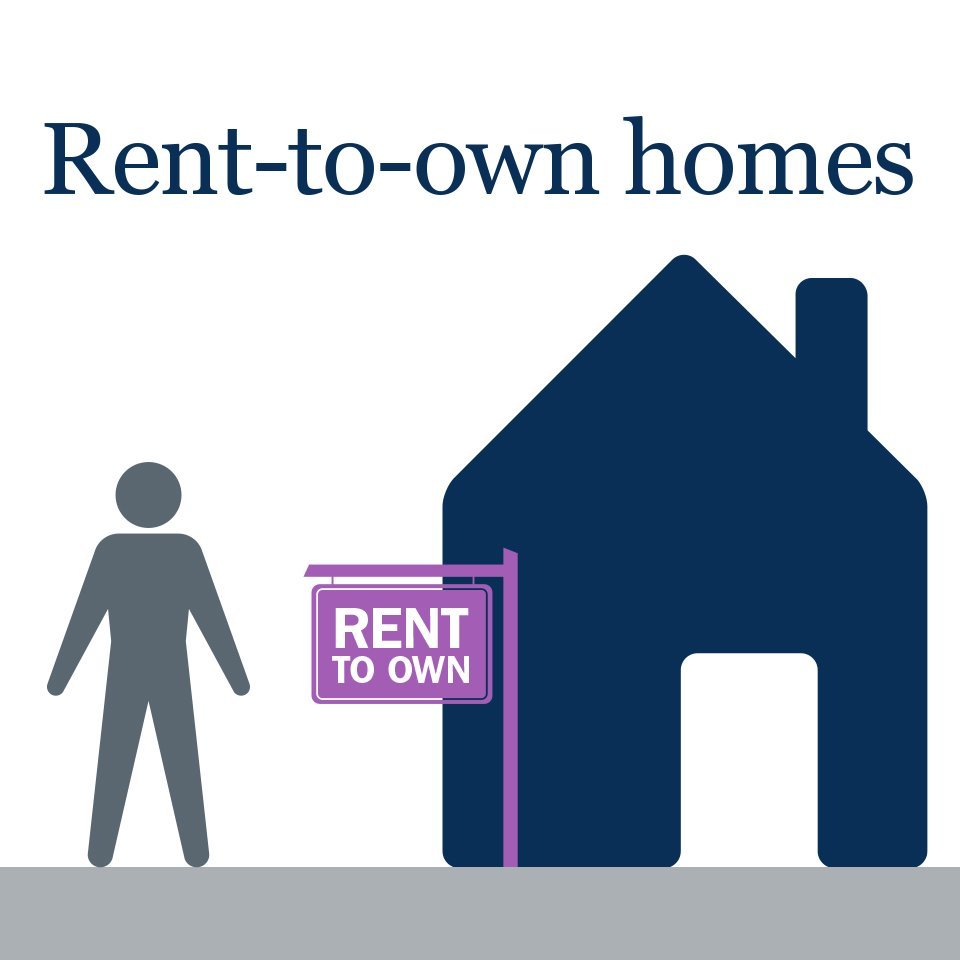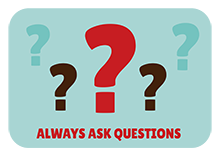 Rent-to-own is an alternative route to home ownership for those who can’t obtain financing due to poor credit or because they don’t have enough money for a down payment (or both).
Rent-to-own is an alternative route to home ownership for those who can’t obtain financing due to poor credit or because they don’t have enough money for a down payment (or both).
Most Canadians probably haven’t heard about rent-to-own housing. Unlike the U.S., this arrangement is still not that common in Canada.
What is a rent to own home? It’s pretty much exactly as it sounds. It’s where an investor, or home owner, rents out their property to a tenant, but gives the tenant the “option” to purchase the home after a certain period of time at a predetermined price. The idea is that you rent a home for a certain period of time with the goal of buying the property at the end of your lease. If all goes according to plan, by then you’ll have repaired your credit and/or saved enough to secure a mortgage.
As an example:
Let’s say the home is worth $250,000 today. The seller agrees the tenant will have the right, but not the obligation, to buy the house in three years for $280,000.
The fee for this right, or option, is usually 2 or 2 ½ per cent of the final price. In this example, 2 percent of $280,000 would be $5,600. Then, each month, the tenant pays an extra fee, say $200, that also is applied to this option price. At the end of the three-year lease term, the tenant has put up close to 5 per cent towards the purchase price option. In this example, it would be close to $13,000. If the tenant exercises their right to buy, they can use the $13,000 as the down payment and apply for a mortgage to finance the rest of the purchase.
Initial fee
 Tenants usually pay an initial fee equal to two to four per cent of the agreed purchase price. From the landlord’s point of view, this ensures that the tenant has skin in the game and is motivated to actually buy the property at the end of the lease. The fee is usually treated as part of the tenant’s future down payment or as a sum that will be discounted from the final sale price. The fee may be fully or partially refundable. Often, though, you lose that money if you don’t go through with the purchase.
Tenants usually pay an initial fee equal to two to four per cent of the agreed purchase price. From the landlord’s point of view, this ensures that the tenant has skin in the game and is motivated to actually buy the property at the end of the lease. The fee is usually treated as part of the tenant’s future down payment or as a sum that will be discounted from the final sale price. The fee may be fully or partially refundable. Often, though, you lose that money if you don’t go through with the purchase.
So what are the benefits and down sides for this?
Here are some of the advantages for the buyer/tenant:
 You may not have the down payment now, but you will have it at the end of your lease, as a result of the additional payments.
You may not have the down payment now, but you will have it at the end of your lease, as a result of the additional payments.
If your credit is not good, you can improve it by making timely payments of rent.
Tenants can “test” the house and the neighborhood and can walk away from the deal at any time
If the market price of this home is more than $280,000 at the end of your lease, you still get to buy it for the same $280,000..
If the market collapses and the home is worth less than $280,000, you do not have to go through with your purchase.
Here are some negatives for the buyer/tenant:
There is no guarantee that a bank will give you your financing when you exercise your option. You still have to improve your credit score or find someone to co-sign your application.
Tenant pays premium rent for the “option” to purchase the house. If the tenant decides not to buy, the option deposit is lost.
If you don’t go ahead with your purchase, you usually have to forfeit the option payment.
Here are some advantages for the seller/landlord:
Tenants on rent-to-own typically take better care of the property, thinking that they may own it one day.
Your profit is fixed at the time of the option.
Rents are typically higher.
Option deposit collected upfront.
Tenant is responsible for maintenance and repairs.
Tenant typically treats the home as if it is their own.
Guaranteed sale price if tenant exercises their option.
Here are some disadvantages for the seller/landlord:
Setting a top amount on the selling price of the house, especially in appreciating markets.
The initial due diligence required to screen tenants.
Tenants can walk away from the deal at any time, but investor is bound by terms of the purchase agreement.
In all cases, it is important that the parties have legal advice.
Home owners sometime use this strategy as an incentive to get their home sold, even if it means taking payments for a certain period of time. Home buyers with not so great credit, and low amount of savings for down payment, may find this method of financing attractive. It enables them to get into a home right away, while building their credit and down payment through rent credits.
Some agreements state that if your rent is late once, the tenant forfeits the right to buy the home. This needs to be changed so that as long as the tenant cures any default in a timely manner, they do not lose the right to buy. The tenant should also have the title checked to make sure that the correct owner of the home is giving the option. Landlords also need to conduct a thorough credit and background check, to make sure that the tenant looks like they will have the means to make all of the required payments.

Comments(0)